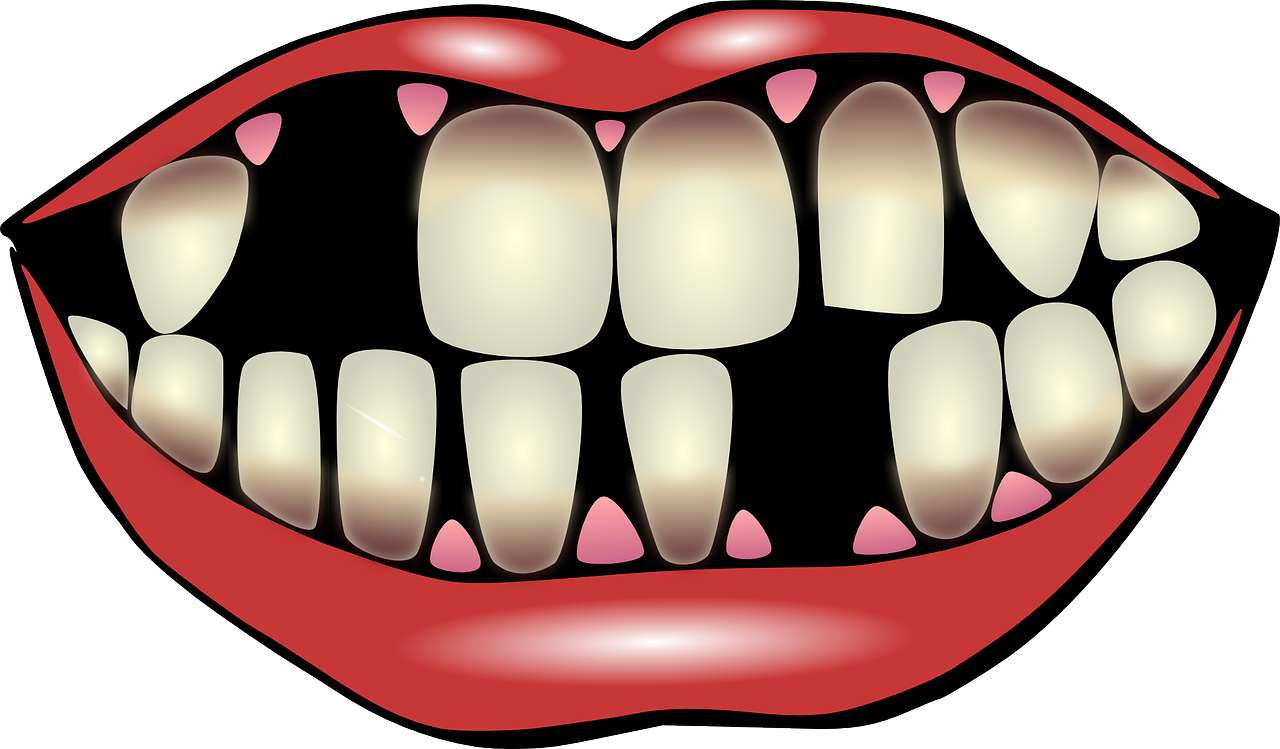The ability of chewing lowers the risk of dementia

Latest studies say that the less we chew (foods), the more we are exposed to the danger of dementia. You might ask: Will someone who chews more have a fresher mind later?
An article of Journal of the American Geriatrics Society claims that if we compare those old people who are capable of chewing to those who can’t or partially can’t, we get an interesting result. This result says people who have chewing ability have better cognitive functions.
By cognitive functions they mean memory, problem solving and decision making abilities.
To prove this, Scandinavian scientists studied 557 elder people, over 77 years with different mental health, gender and education. The scientists realized that those who had problems with tougher, harder food, like an apple, had bigger chance for dementia.
What could be the connection?
Several studies have determined that lots of factors can cause dementia. Some researches claim, that lack of teeth leads to dementia; others say that University students who chew gums during tests achieve better scores at tests.
The reason for this could be that the process of chewing maintains the blood flow in our brain and therefore a person with teeth problems, unable to chew effectively, will not get enough blood to his/her brain. If the blood flow in the brain is insufficient, the risk of dementia is higher.
Whether a person has his/her original teeth or dental implants, dentures, crowns or bridges are not relevant. The important thing is the chewing itself.
Nursing of teeth maintains the health
Zoltán Iványi MD, dentist of Oxygen Medical (Budapest) says that periodontal problems and diseases are also risk factors, because they affect chewing abilities. The inflammatory bacteria get into the blood flow and can cause sediments on the vein wall. We know nowadays that arteriosclerosis is the triggering factor of stroke and heart attack.
Ivanyi MD says that with correct teeth brushing and good oral hygiene we can lower the risk of inflammation in the mouth and also other possible diseases related.
The basic oral hygiene includes teeth brushing twice a day (for at least a period of two minutes). It’s important to see the dentist not just when you have problems but every year for a check-up.
